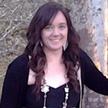
Kate Skulte
COngratulations Miranda! You did an amazing job answering all those questions!
Favourite Thing: My favourite thing about science is problem solving. Science is not as black and white as you might think. Often the outcome of an experiment can be puzzling and you have to put your serious thinking cap on to work out what is happening!
My CV
School:
Macquarie Fields High School, finished year 12 in 2001
University:
University of Wollongong 2002-2005: Bachelor of Psychology, University of Western Sydney 2009-2012: Bachelor of Science (Advanced) and 2013: Honours in Medical Science
Work History:
I started as a child and family case worker to help disadvantaged families. Since changing careers to science I’ve worked at The Garvan Institute of Medical Research in Epigenetics, at the ANZAC Institute on hormones and cancer and at the University of Western Sydney on ways to turn off genes
Employer:
University of Western Sydney
Current Job:
Honours student and laboratory class supervisor for molecular biology
Me and my work
I’m working on a project that looks at the on and off switches for our genes in our DNA and their role in complex diseases like cancer and allergy.
Our DNA has all of our genes, but it also has ON and OFF switches for the genes. The ON and OFF switches are really important to tell our genes when to start and stop. For example, when we get a paper cut we need certain genes to turn ON to grow more skin cells, this is like putting your foot down on the accelerator of a car when you need it to go. When we have finished growing enough new skin cells, we need to turn those genes OFF, like pressing the car brakes to stop.
When the accelerator peddle of a car is broken in the ON position or the brakes don’t work we can’t stop the car when we need to. This would be really dangerous if you came to a red light! The same thing happens with our cells. If the ON and OFF switches aren’t working properly, we could grow cells when we don’t need them and this could become cancer.
In our lab, we think we have discovered a new ON switch. I get to grow cells and then put a chemical on them which is similar to a virus. I can then look at how the ON switch works in response to a virus.
Below is a photograph of the cells that I grow.
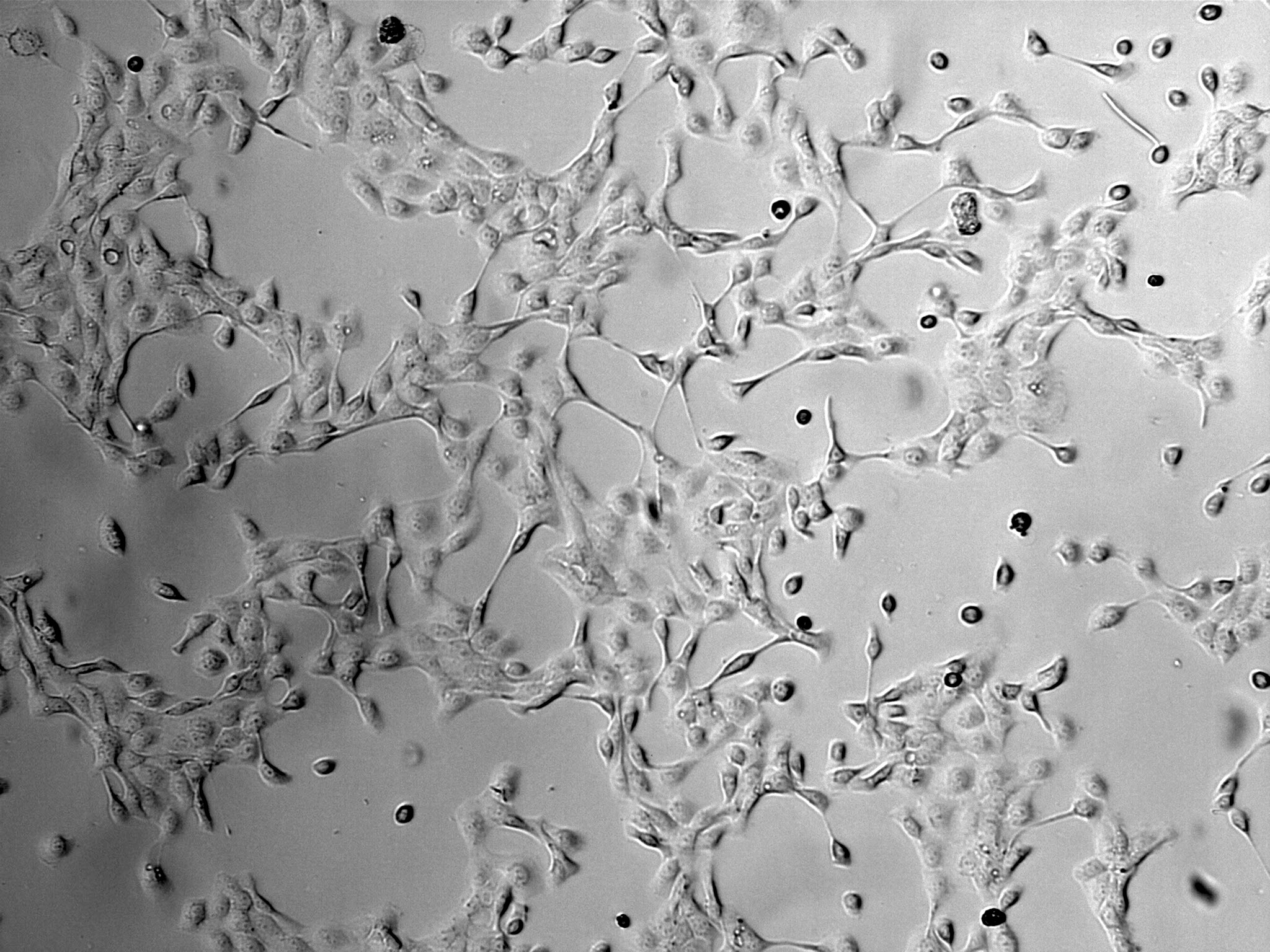
Often, these ON and OFF switches are changed in diseases like cancer so its really important to know where they are and how they work. Here is an example of how things can change in the cell with cancer.
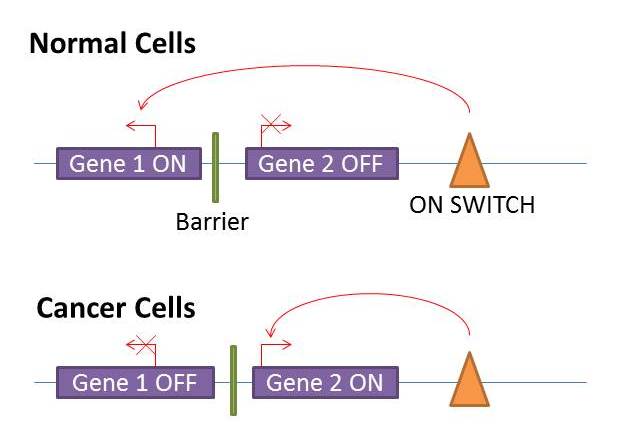
My Typical Day
My days are a mix of experimental work, reading research and writing reports. The order usually depends on what experiments I have planned.
This year I’m completing my honours year of research at uni. So my days are spent working on experiments for my project and writing my thesis. By the end of the year my thesis will be about 100 pages long and explain what I have done and discovered over the year. Its a lot of work but worth it in the end. Because I do different experiments every day my typical day changes all the time. This is one of the things I like about research. All the different experiments keeps my days interesting!
One example of an experiment I do is called polymerase-chain-reaction or PCR. This is where I start with DNA I have collected from cells, then I set up my reaction and using set temperatures which repeat in a cycle I can increase the amount of DNA I have. I set up this reaction so it only increases the part of the DNA i’m interested in. This is a very common technique which has lots of applications.
Below is one of one of my PCR results. The white lines are pieces of DNA that are different sizes.
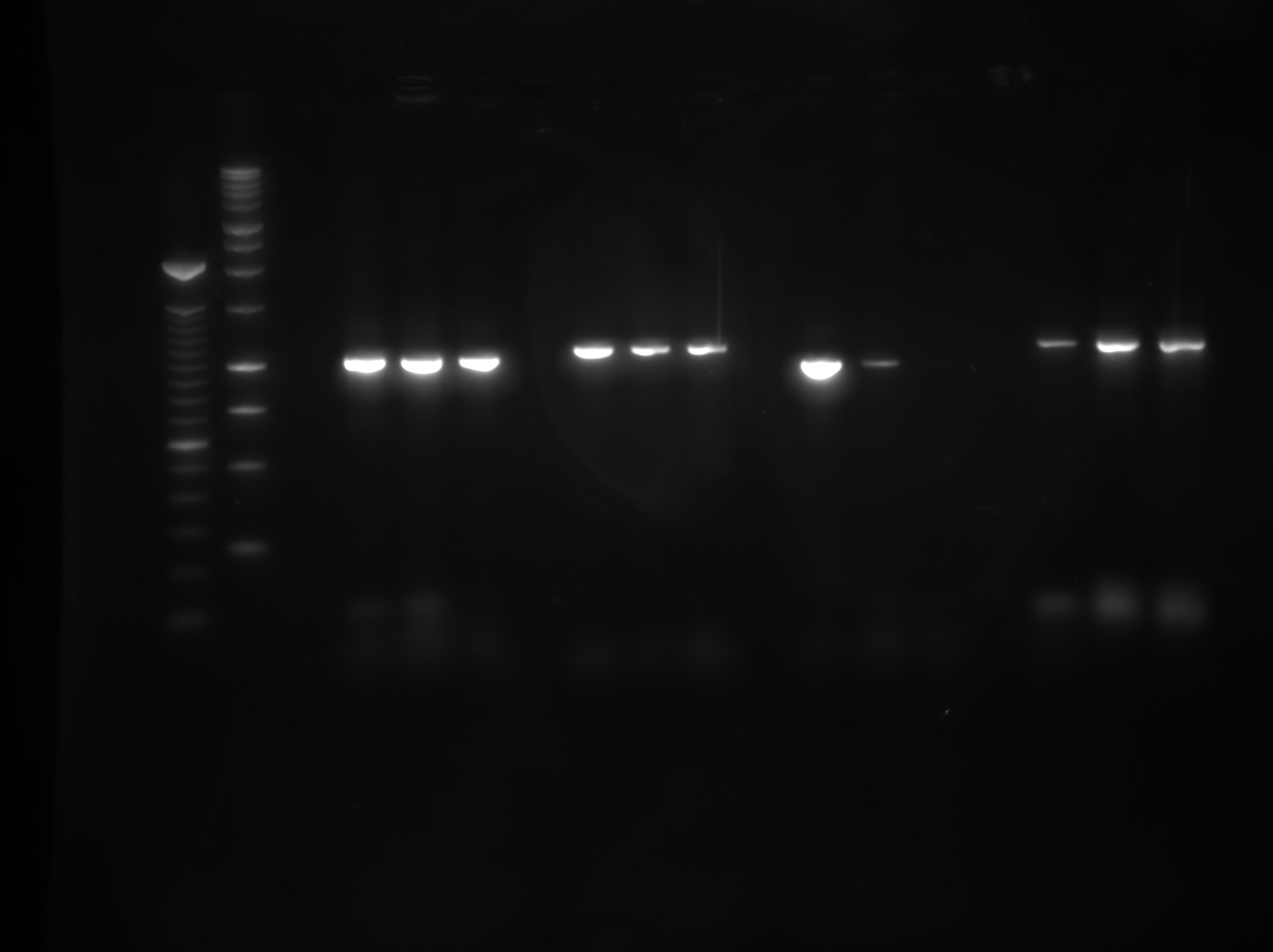
What I'd do with the money
I would spend it on resources so I can go to schools and teach kids about DNA, and why DNA is important in disease
I think it is really important for everyone to have a basic understanding of DNA and the ON and OFF switches in our DNA. For some types of cancer they can now give you different medicine depending on your DNA. When treatments are done on an individual basis like this, it is possible the medicine may have less side effects and have a greater effect on helping you get better. However, sometimes it doesn’t help at all and we don’t understand all the reasons why.
If everyone has an understanding of DNA and how our genes work, this will help you make informed decisions about treatment options if you ever need it and also understand the limits of individualised treatments.
My goal would be to help people understand how our DNA makes us at risk of getting sick and how we can use information about our DNA to help us get better and I would love to get a large DNA model for demonstrations. Similar to what Sheldon has on The Big Bang Theory.

My Interview
How would you describe yourself in 3 words?
Enthusiastic, ambitious, optimistic!
Who is your favourite singer or band?
Crowded House
What is the most fun thing you've done?
Gone to legoland in Berlin! Lego is so much fun!
If you had 3 wishes for yourself what would they be? - be honest!
1. I wish I had more time in the day. I always seem to run out. 2. I’m running a marathon this year and I hope to finish under 5hrs. 3. For all my friends and family to be happy :)
What did you want to be after you left school?
A pilot. Planes are fascinating!
Were you ever in trouble in at school?
Nope. I was too scared to do something that would get me in trouble.
What's the best thing you've done as a scientist?
The best thing I have got to do was hold a sample of mould “Penicillium notatum” (the fungus which makes penicillin) which came from the lab of Howard Florey. He was an Australian, and discovered the antibacterial properties of penicillium. He also made penicillian into a usable medicine during world war II. His discoveries had saved a lot of lives.
Tell us a joke.
I’ve been trying to think of a good chemistry joke… but all the good ones argon!
Sports followed
NRL
Favourite team
The Bulldogs! Go doggies!
My profile link:
https://disease13.imascientist.org.au/profile/kateskulte/
 Print this profile
Print this profile



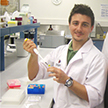

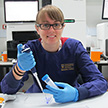
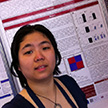





 Print this profile
Print this profile